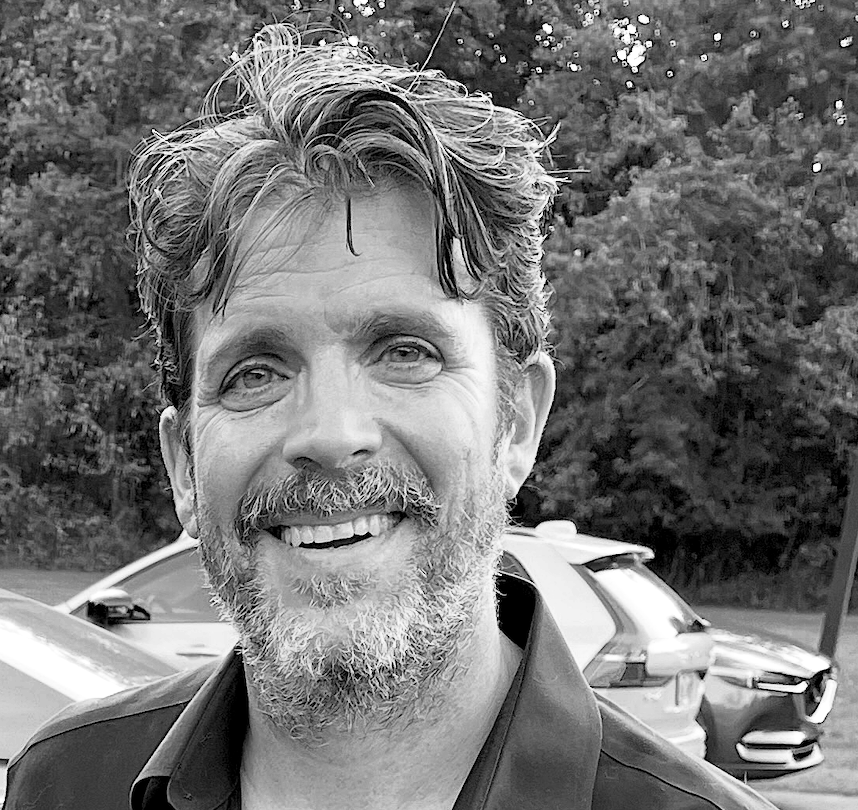Jeremy Bendik-Keymer
Professor, Faculty Senate Vice-Chair
Contact
bendik-keymer@case.edu
216.368.3563
Clark Hall 310
Fridays 12-4PM with some exceptions
https://sites.google.com/case.edu/musicbarn/
Other Information
Classes:
Afterlife
Becoming Oneself
Climate Justice
Decolonization
Education, Freedom, and Equality
Good Relationships
Goodness, Truth, and Beauty
Introduction to Philosophy: As an Ocean
Moral Character
People and Planet
Education:
Ph.D., Philosophy, University of Chicago, 2002
B.A., Magna Cum Laude, Philosophy, Yale University, 1993
Research: Relational reasoning, wonder, good relationships, philosophical anthropology
Expertise: Environmental philosophy, moral psychology
About
“I wish I was a mole in the ground.”
~ An anonymous, late 19th century song of the same name
“Scholarship has to exemplify a love for each other, not just a love for an idea.”
~ Linda Tuhiwai Smith, June 30th, 2020, Massey University
Born in 1970 in New Haven, Connecticut to Esther Ann Bendik and David King Keymer, I live in Shaker Heights, Ohio with Misty Elaine Morrison and our children, Emet Aql Bendik-Keymer and Ellery Abbie Ray Morrison. I acknowledge the indigenous lands ceded by the Treaty of Greenville (1795), subsequently violated by the U.S.A. A graduate of New Hartford High School, Yale College, and University of Chicago, and ancien élève of the Lycée Corneille, Rouen, I work in the philosophy department at Case Western Reserve University as Professor of Philosophy. During the Great Depression of the 1930s, my biological grandfather on my father’s side had a scholarship to attend Western Reserve University but was unable to attend due to the Depression. My mother was the first person in her entire family to attend college and the only to receive a four-year degree.
After working at Colorado College, American University of Sharjah, and LeMoyne College, I came to CWRU in 2010 as the second Beamer-Schneider Professor in Ethics (some of the group activities from that time can be found here). In 2021, I stepped down along with the Faculty’s adoption of a general education moral reasoning requirement, mission accomplished. This gave room for a new professor with a different approach, not settling in just one way to do ethics.
My philosophical approach is grounded in what I call “relational reasoning.” This is interpersonal reasoning guided by intuitive knowledge by acquaintance, and it sits alongside practical and theoretical reasoning with the former’s know-how and the latter’s knowledge of what to believe. These processual forms structure human dynamism through goodness (the practical), truth (the theoretical), and (intimate, interpersonal) beauty (the relational). I discovered the logic of relational reasoning thanks to French phenomenology of the Other in the tradition of Buber and Levinas and twentieth century philosophy of action in the tradition of Anscombe.
Philosophical figures who have helped me see how relational reasoning leads the humane part of humankind include Kierkegaard for his direct addresses, Thoreau for his connection with nature, and Martin Luther King Jr., for his understanding of conscience. I’ve been additionally influenced by teachers such as the French activist-scholar Anne-Christine Habbard, Martha C. Nussbaum, Charles Larmore, Hagi Kenaan, and (for her work on Kant and the problem of evil in the 1990s and her books on Vergangenheitsaufarbeitung), Susan Neiman. The logic of relational reasoning was worked out learning from Candace Vogler, Irad Kimhi, and Lauren Tillinghast, and my understanding of wonder displays the influences of Karsten Harries, Jean-Luc Marion, and Reiner Schürmann’s scholarship. Within the many books I’ve written around environmental philosophy, my main focus has always been to develop an intimate philosophy of human dynamism where the world between us is the deciding factor in how we approach the world beyond us.

